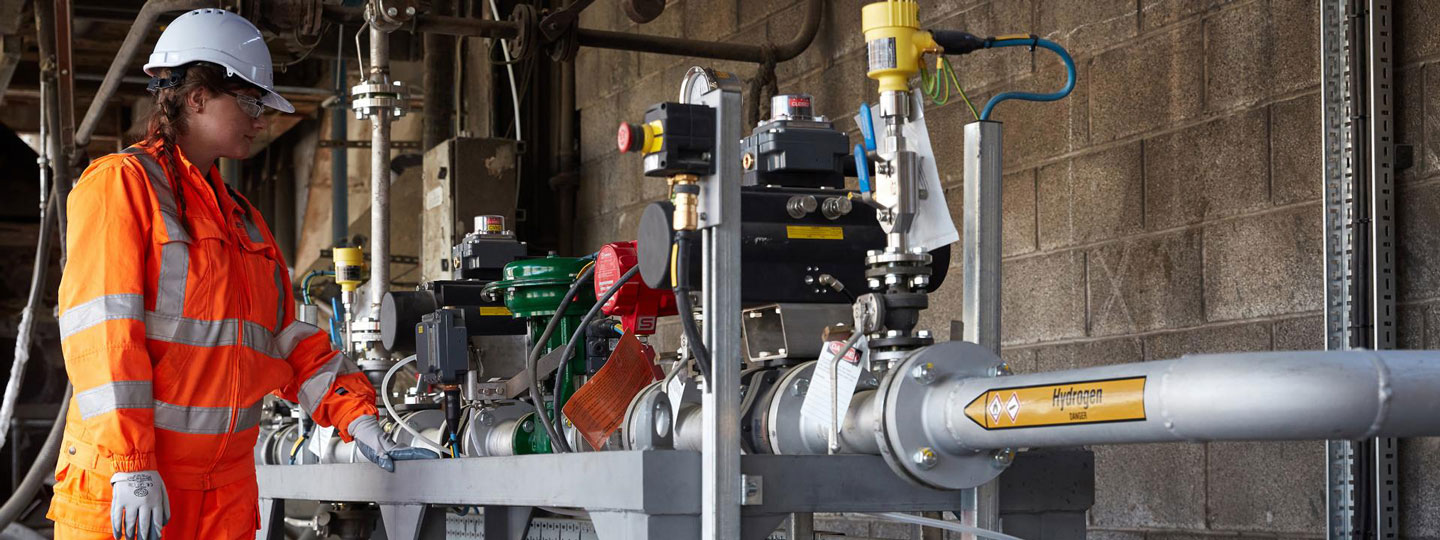As part of a world-first demonstration using hydrogen technology, HeidelbergCement subsidiary Hanson UK successfully operated a cement kiln at the Ribblesdale plant using a net zero fuel mix.
During the demonstration, the proportion of fuels in the cement kiln’s main burner was gradually increased to a wholly net zero mix made up of tanker-delivered hydrogen as well as biomass components and glycerine, generated as by-products of other industries. If fully implemented for the whole kiln system, nearly 180,000 tonnes of carbon dioxide could be avoided each year at Ribblesdale alone compared to using fossil fuels, such as coal.

The trial follows a British Department for Business, Energy and Industrial Strategy (BEIS)-funded feasibility study in 2019, which demonstrated that a combination of biomass, hydrogen and plasma energy could be used to eliminate 100% of fossil fuel CO2 emissions from cement manufacturing – provided the necessary framework conditions and infrastructure.
The demonstration is part of a wider £3.2 million project that has been funded by BEIS as part of its Industrial Fuel Switching Competition. Project results will be shared with cement producers and other energy-intensive industries both in the UK and globally as best practice examples, with the aim of spreading and maximizing the environmental benefits of the technology.



